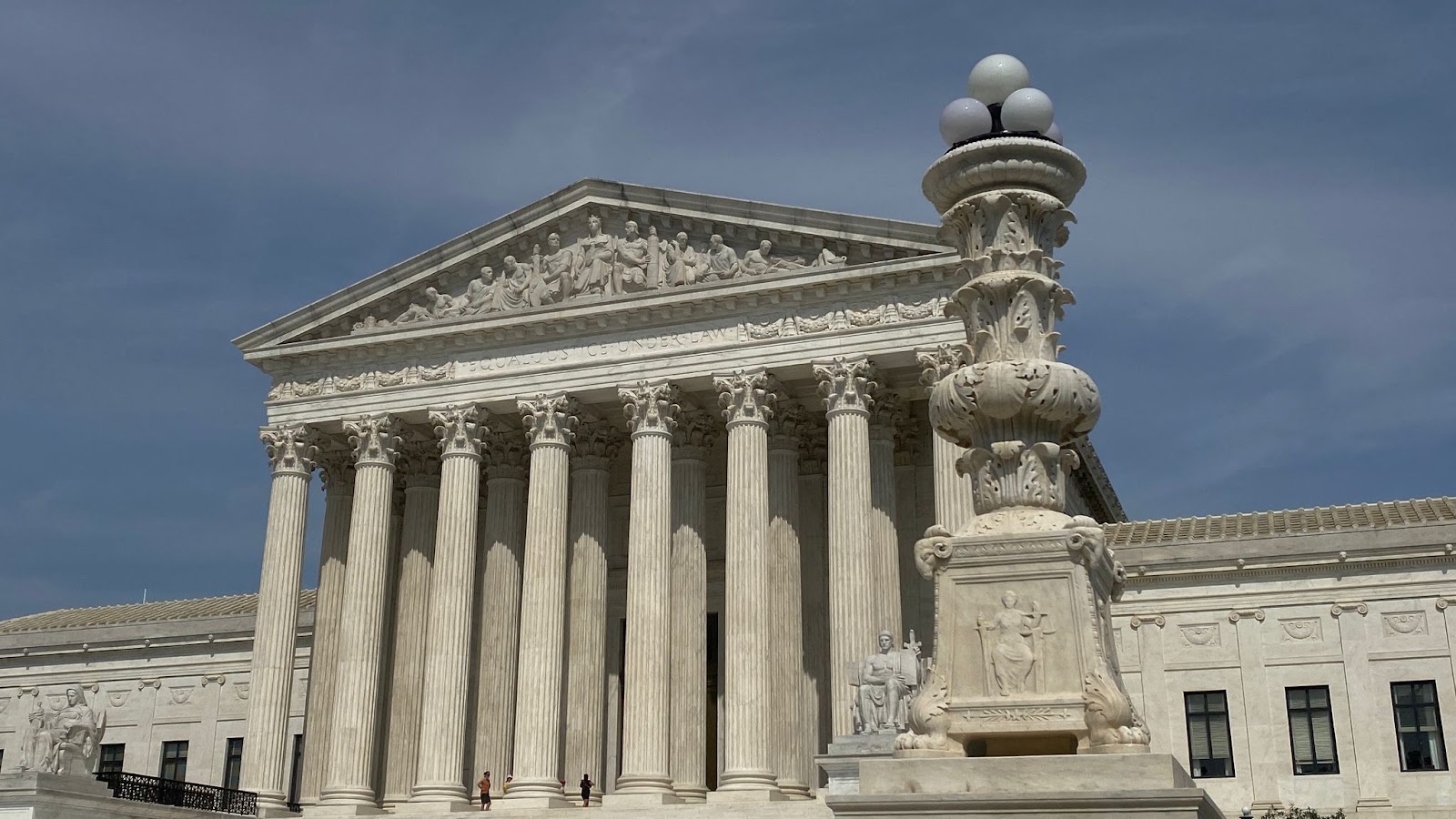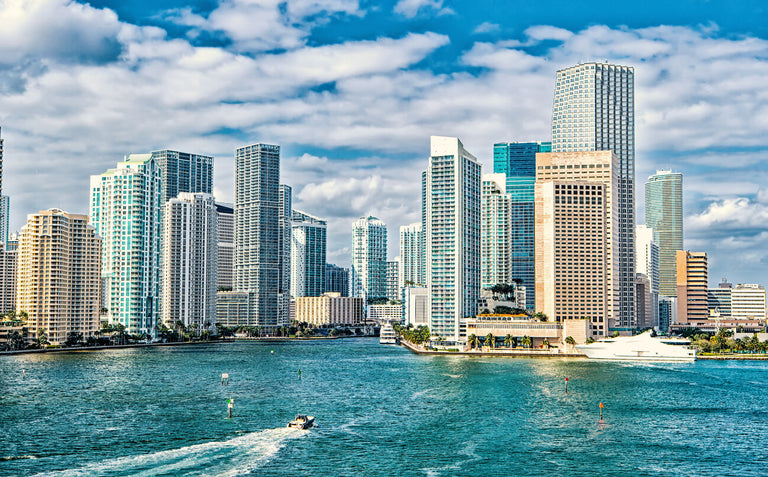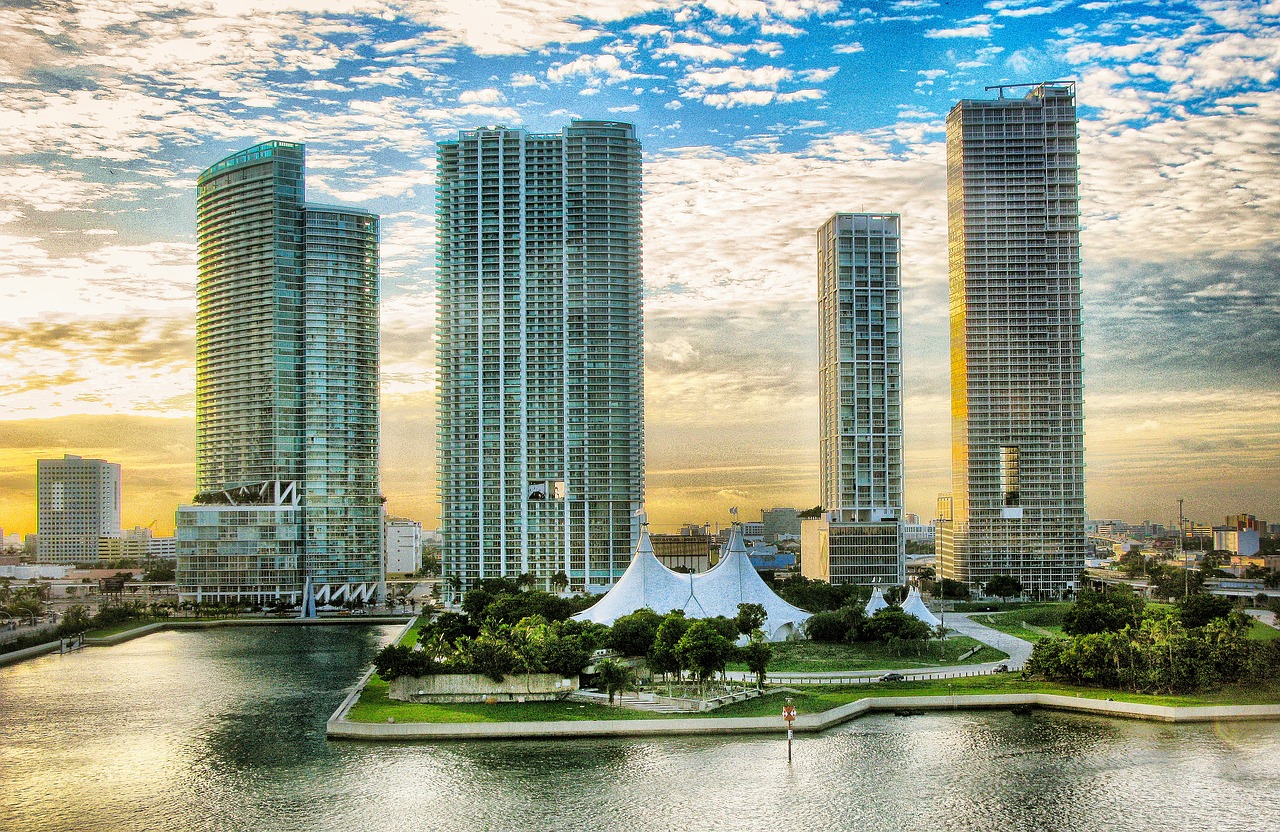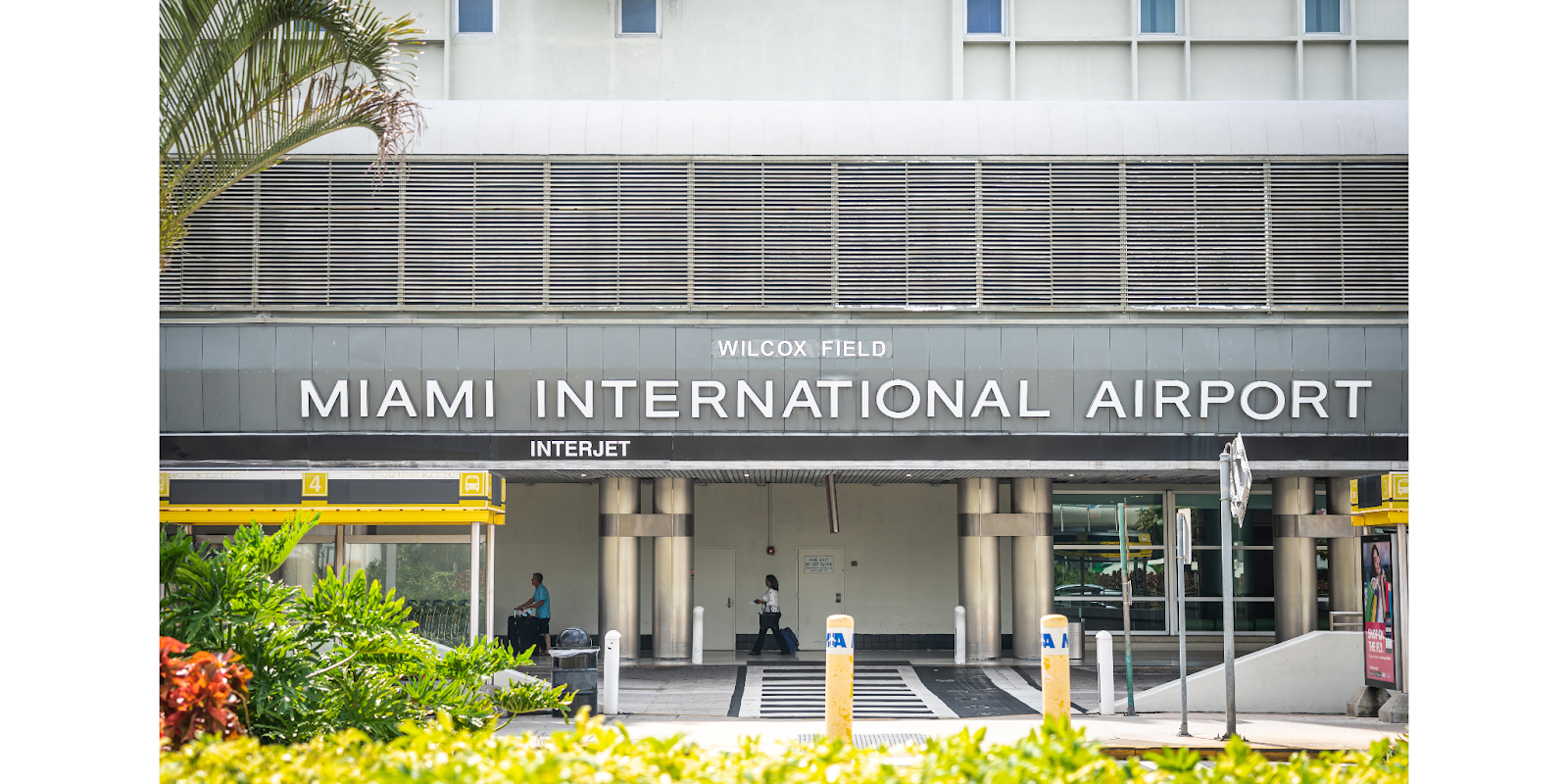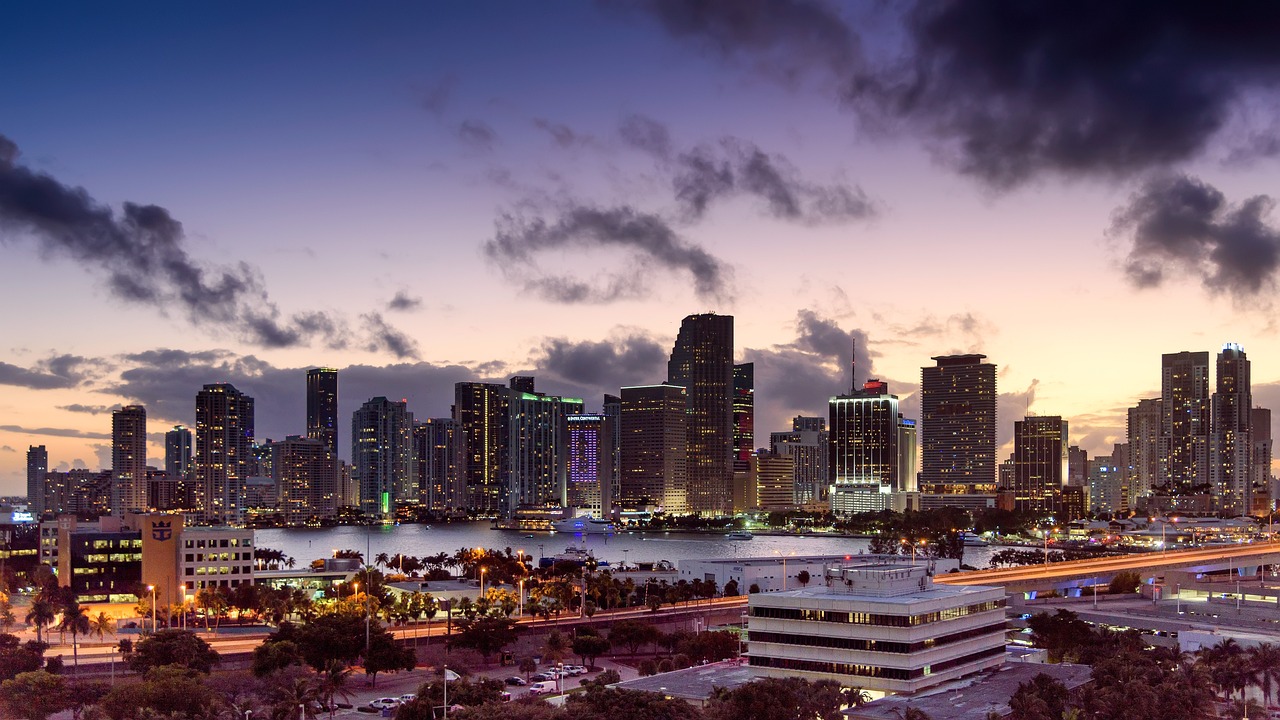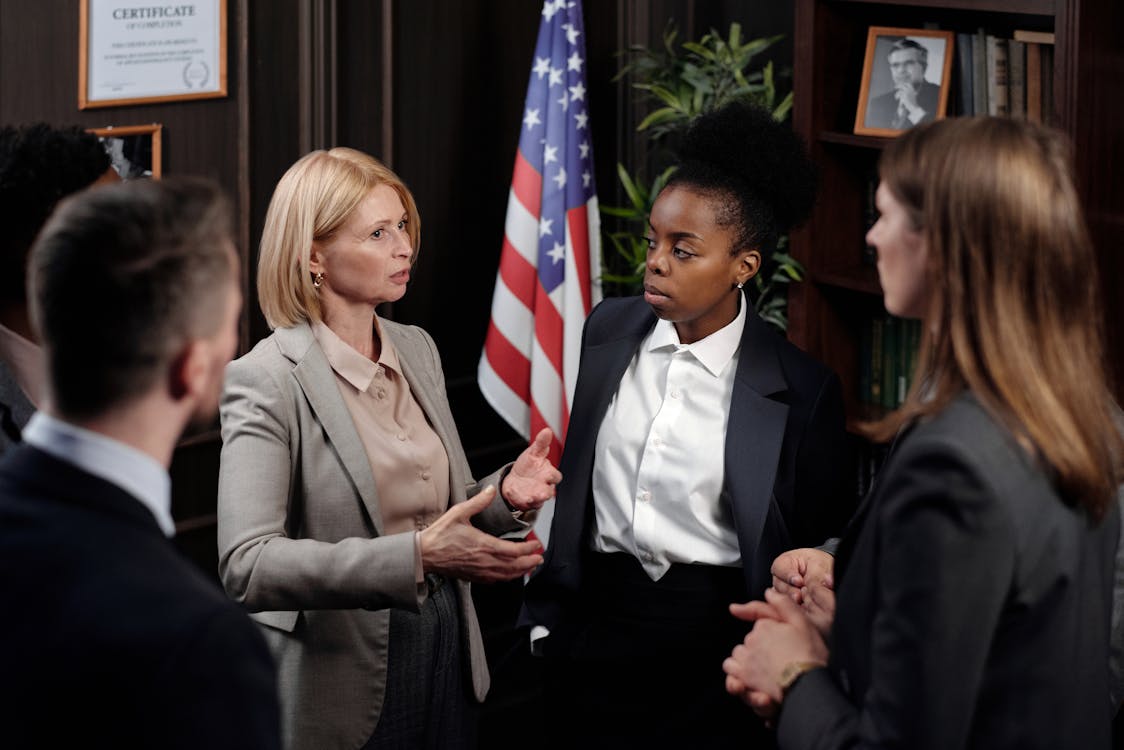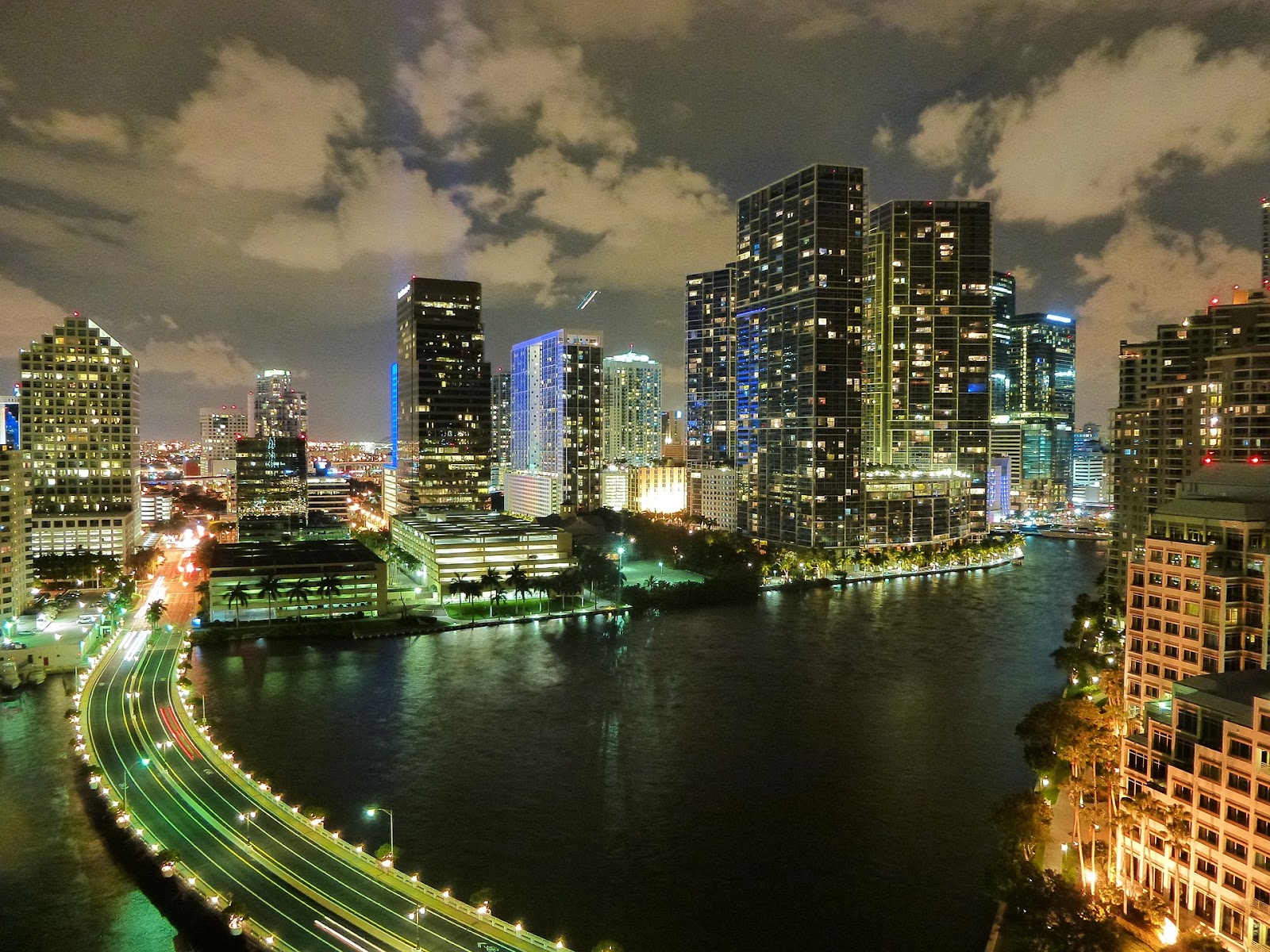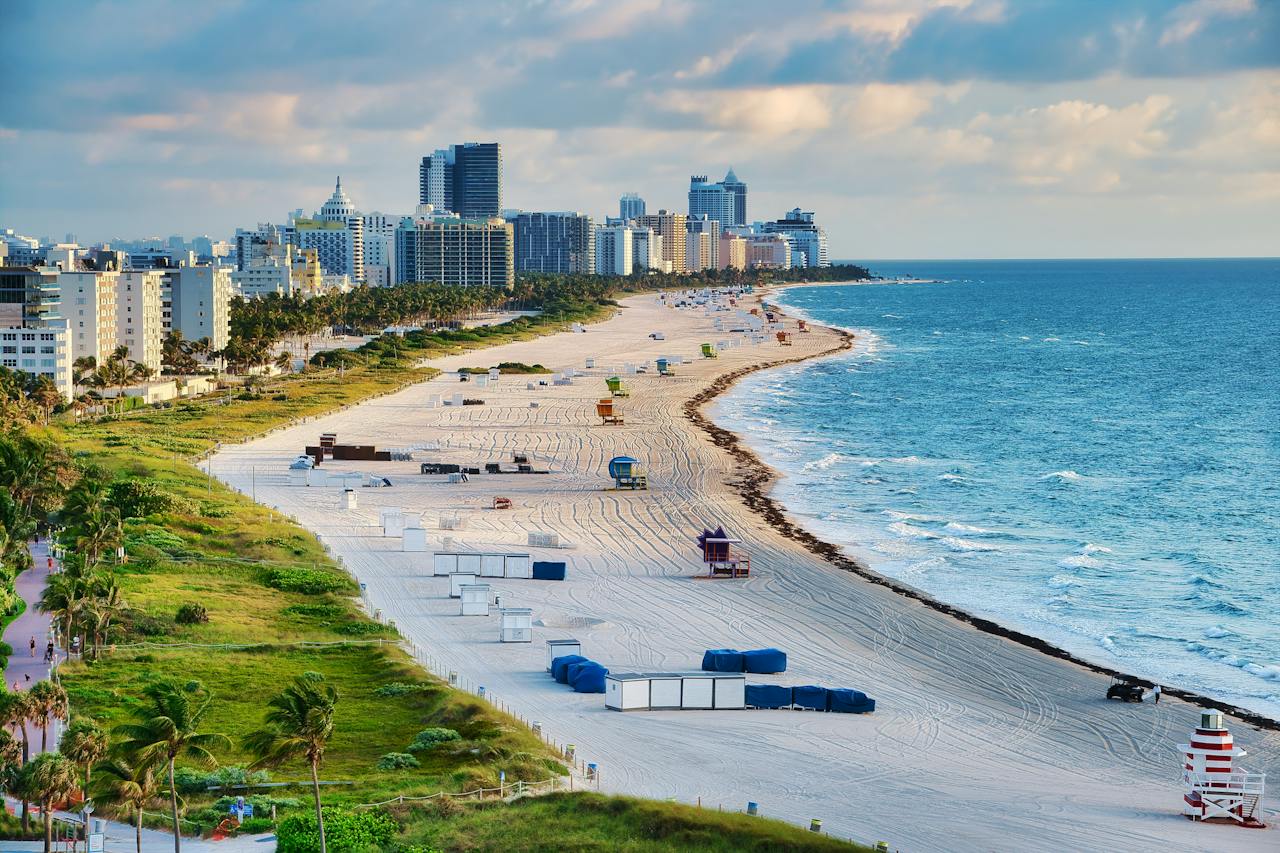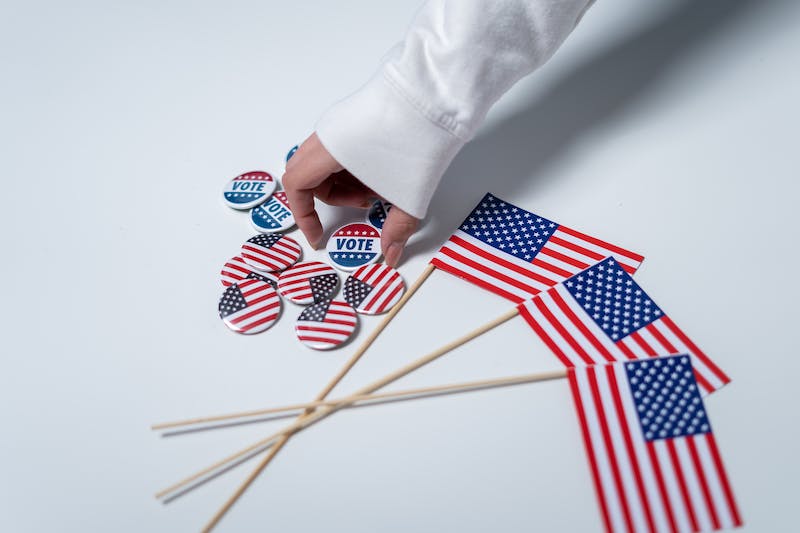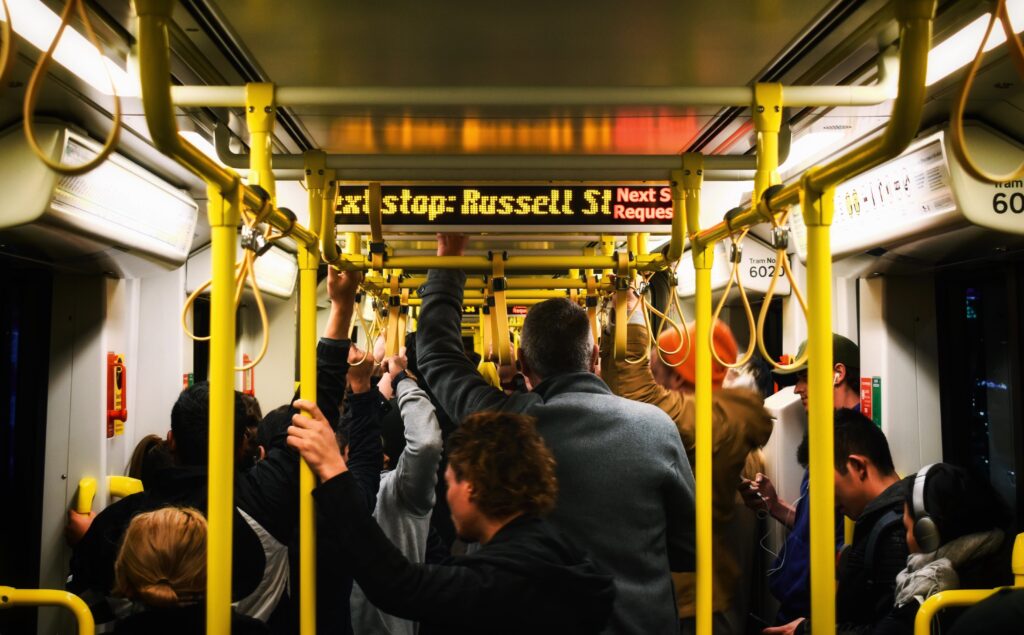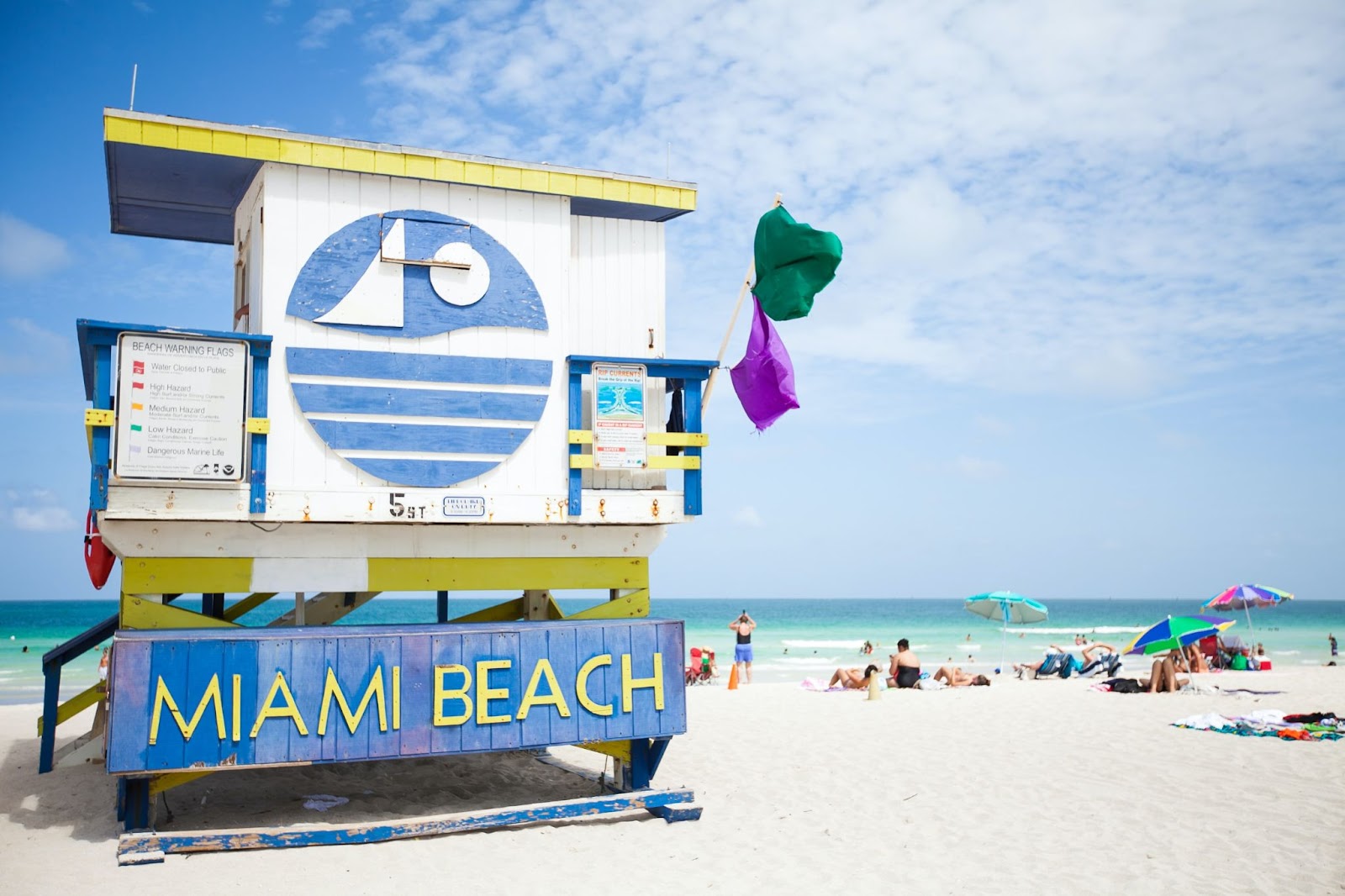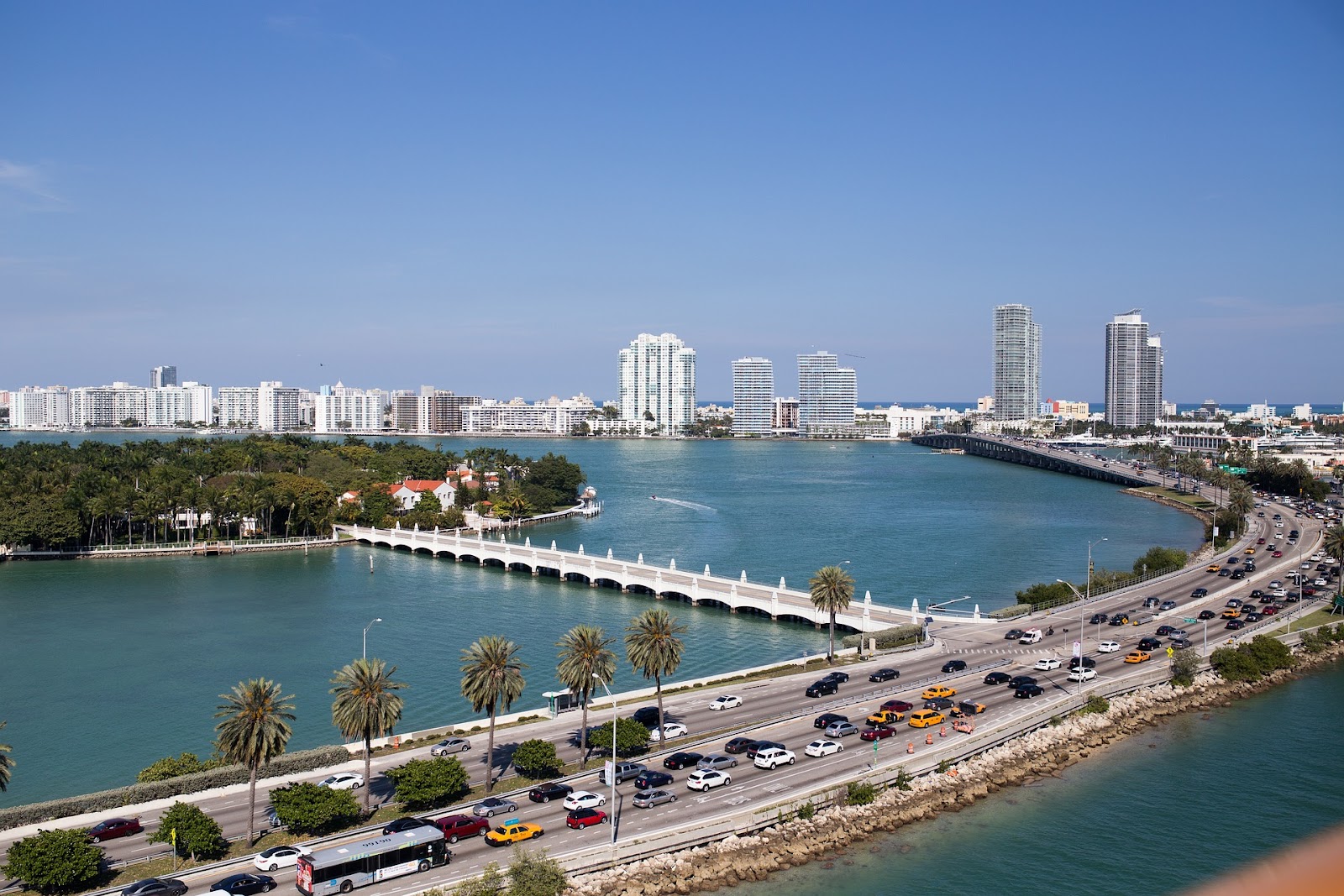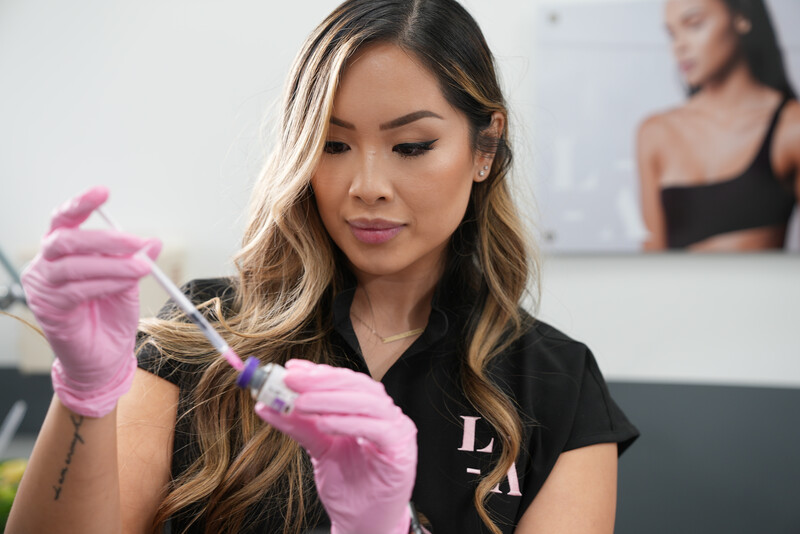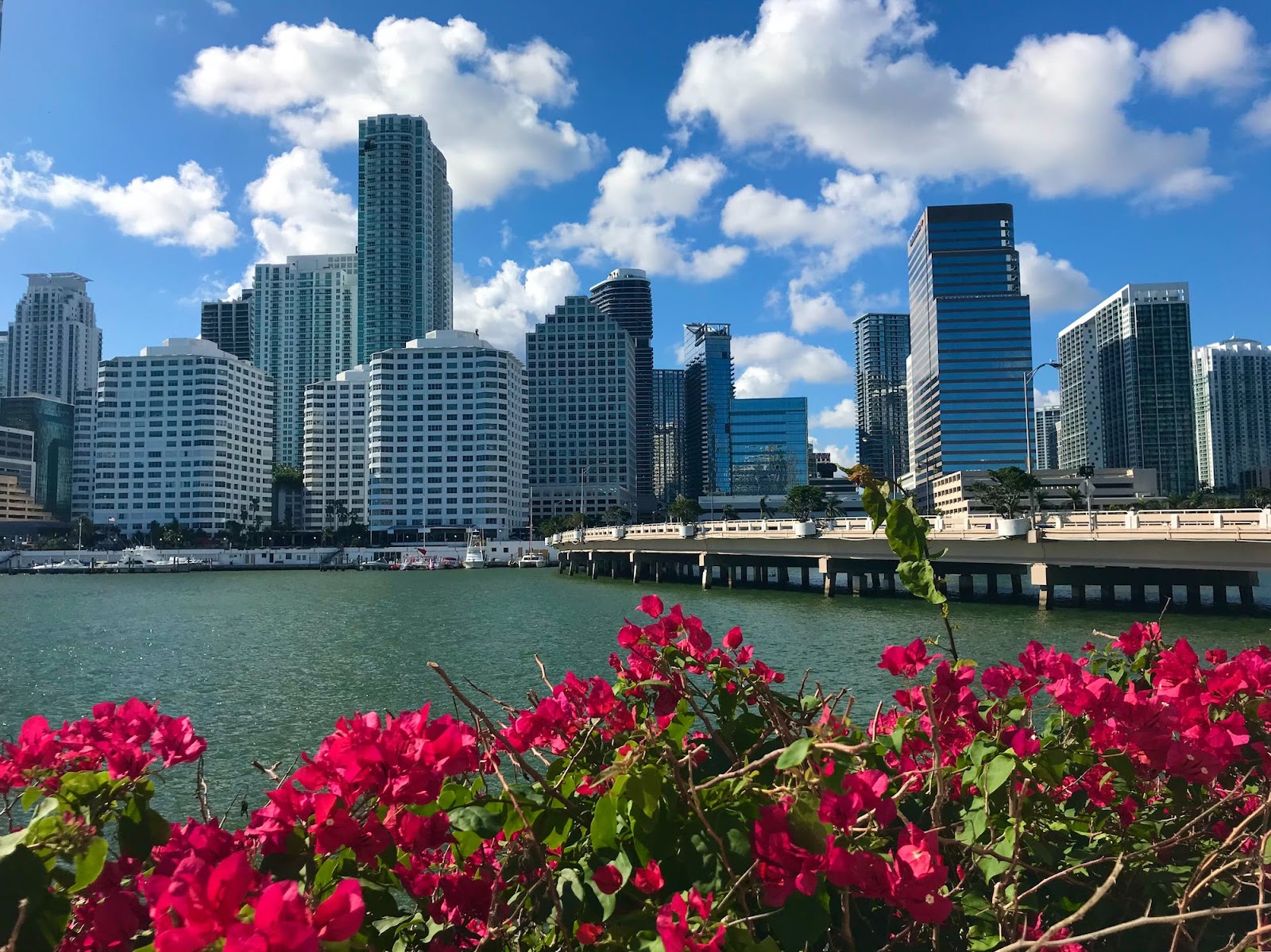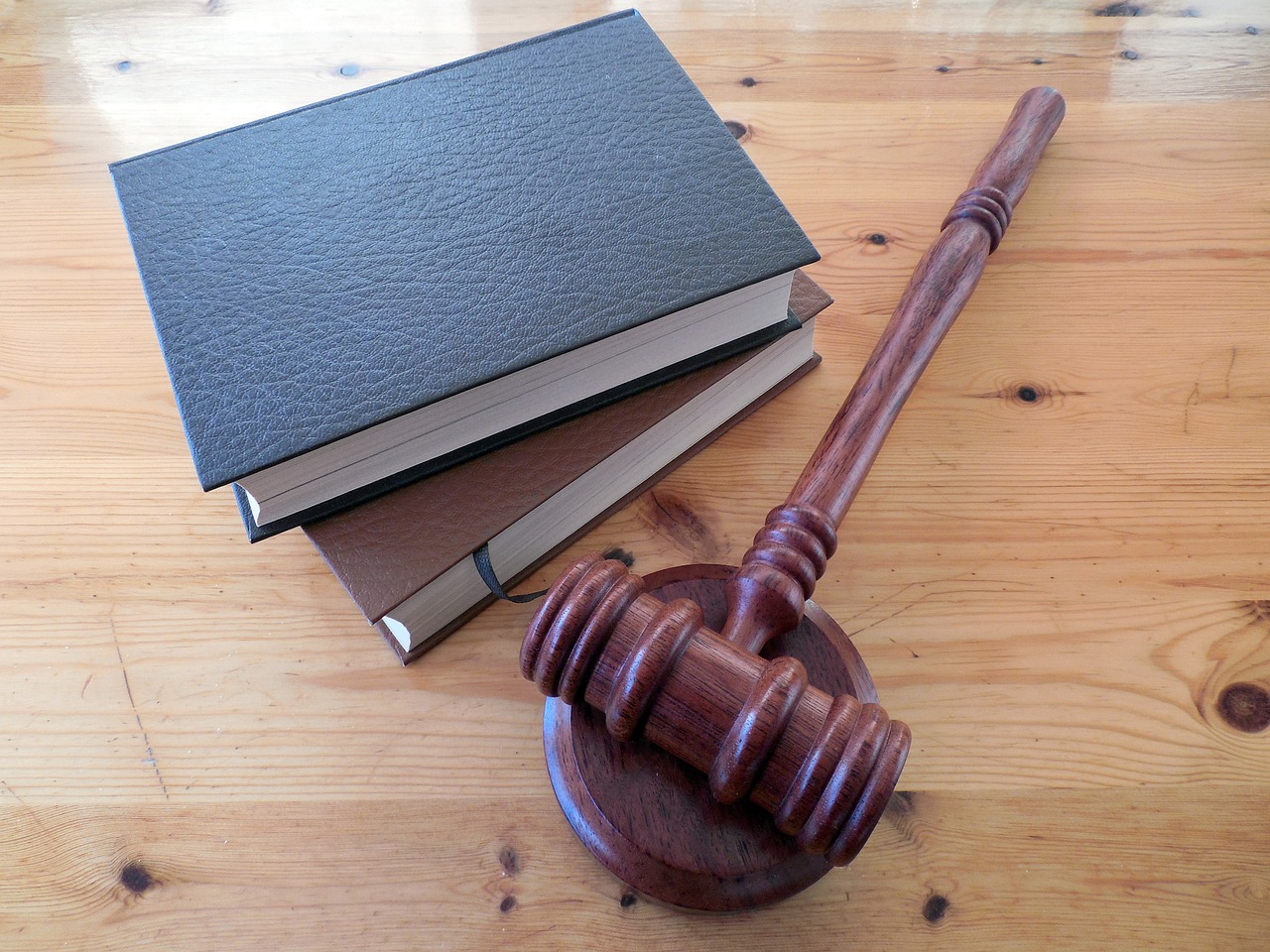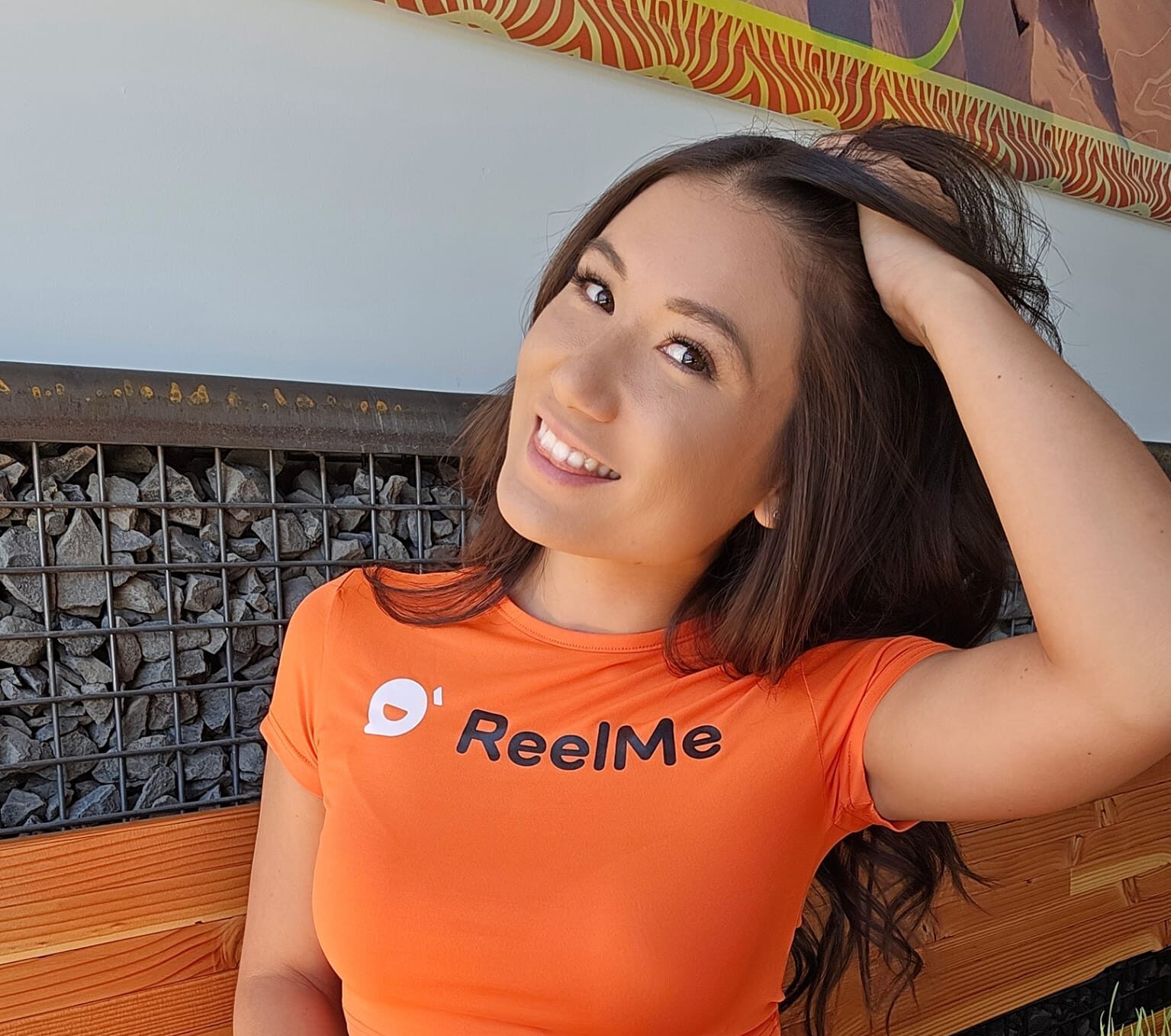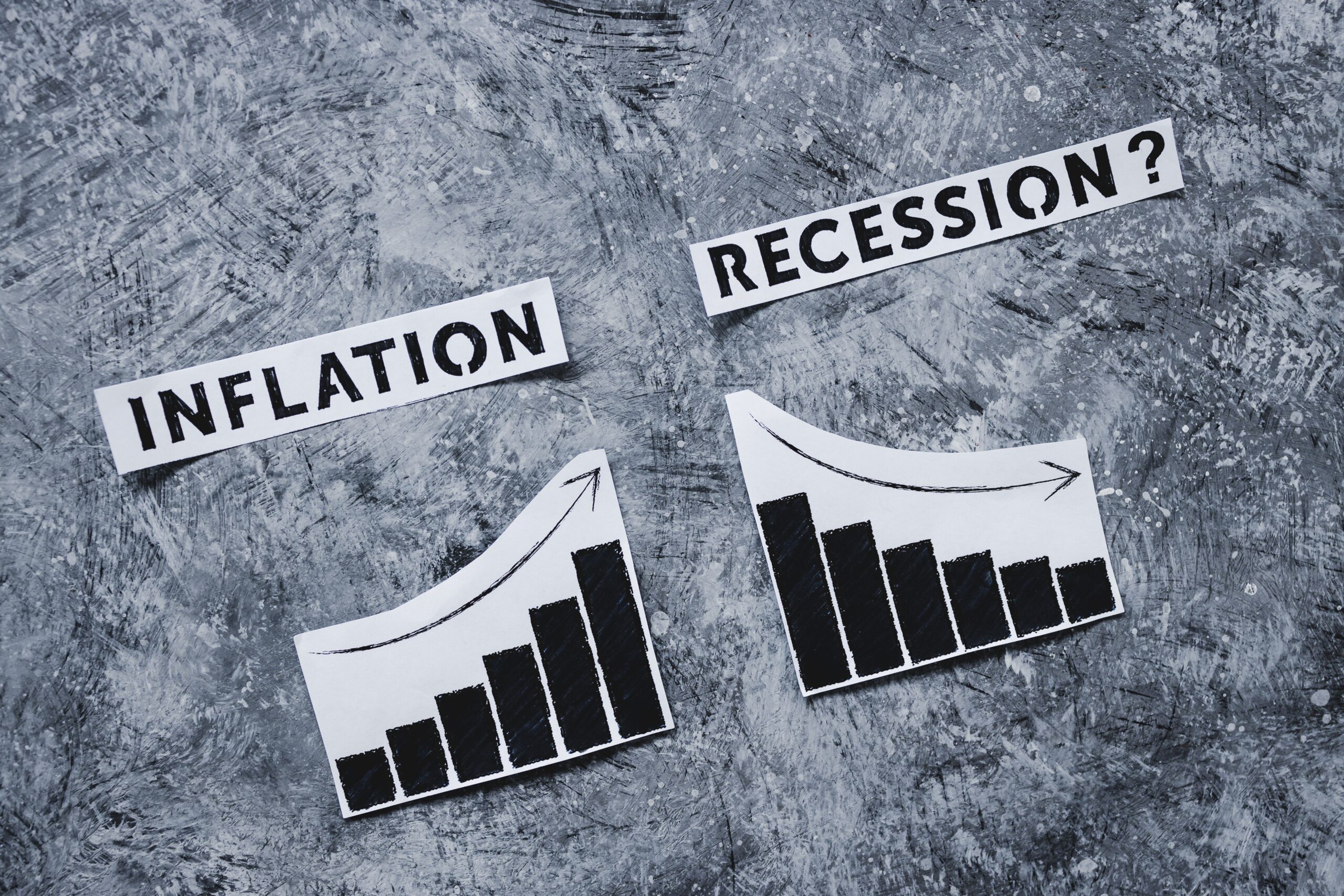On Friday, the U.S. Supreme Court stated it would take up a First Amendment fight concerning restrictions that a 2021 Florida law placed on significant social media companies. A statement from the Supreme Court said that the court will hear cases involving the Florida law and a similar measure in Texas. The U.S. solicitor general and both sides in the Florida case are urging justices to take action on the issues.
The constitutionality of the Florida law, which enacted restrictions on social media giants such as X (formerly known as Twitter) and Facebook, is being challenged by the industry groups Computer & Communications Industry Association and NetChoice. Governor Ron DeSantis prioritized the issue of former president Donald J. Trump being banned by Facebook and Twitter due to his supporters storming the U.S. Capitol on January 6, 2021. U.S. District Judge Robert Hinkle issued a preliminary injunction against the measure, which described it as “riddled with imprecision and ambiguity.” The 11th U.S. Circuit Court of Appeals upheld much of last year’s preliminary injunction. Still, the court said that portions of the law could take effect.
NetChoice’s litigation director, Chris Marchese, said on Friday, “We are pleased the Supreme Court agreed to hear our landmark cases.” He continued, “Online services have a well-established First Amendment right to host, curate, and share content as they see fit. The internet is a vital platform for free expression. It must remain free from government censorship,” adding, “We are confident the court will agree.” Last year, Florida’s attorneys stated in a filing at the Supreme Court that the 11th U.S. Circuit Court of Appeals verdict “dealt a mortal blow to the power of governments, state and federal, to protect their citizens’ access to information in the modern public square.”
The filing continued, “Under the Eleventh Circuit’s reasoning, social media behemoths have a First Amendment right to cut any person out of the modern town square, for any reason, even when they do not follow their own rules or otherwise act in bad faith.” The filing continues, “That ruling strips states of their historic power to protect their citizens’ access to information, implicating questions of nationwide importance.” According to the Supreme Court’s order, two parts of the Florida law that justices will review in the 11th Circuit were blocked. Elizabeth Prelogar, U.S. Solicitor General, and other Department of Justice attorneys urged the court to consider those issues and uphold the injunction in August. One of those parts would be to look at content moderation by social media companies and place restrictions accordingly.
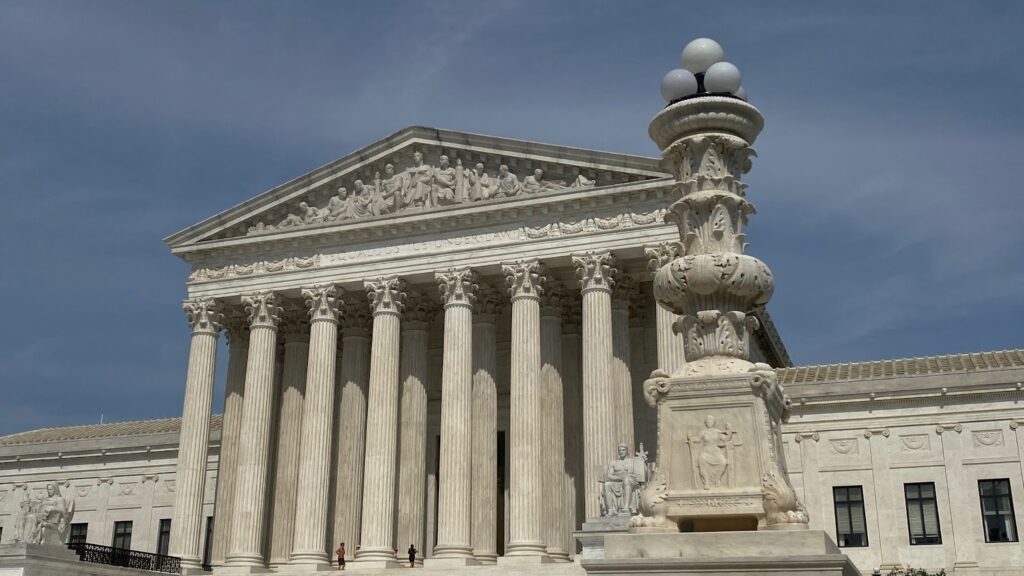
For example, the law would stop platforms from prohibiting political candidates and require companies to publish standards about issues consistently. Another part of the Florida law that “requires a platform to provide an individualized explanation to a user if it removes or alters [their] posts” is looking to be considered by the Supreme Court at the urgency of the Justice Department. The Supreme Court does not seem likely to go as far as the tech industry wanted, which was reportedly to block the Florida law entirely. At this time, it needs to be clarified when the Supreme Court will hold arguments.
